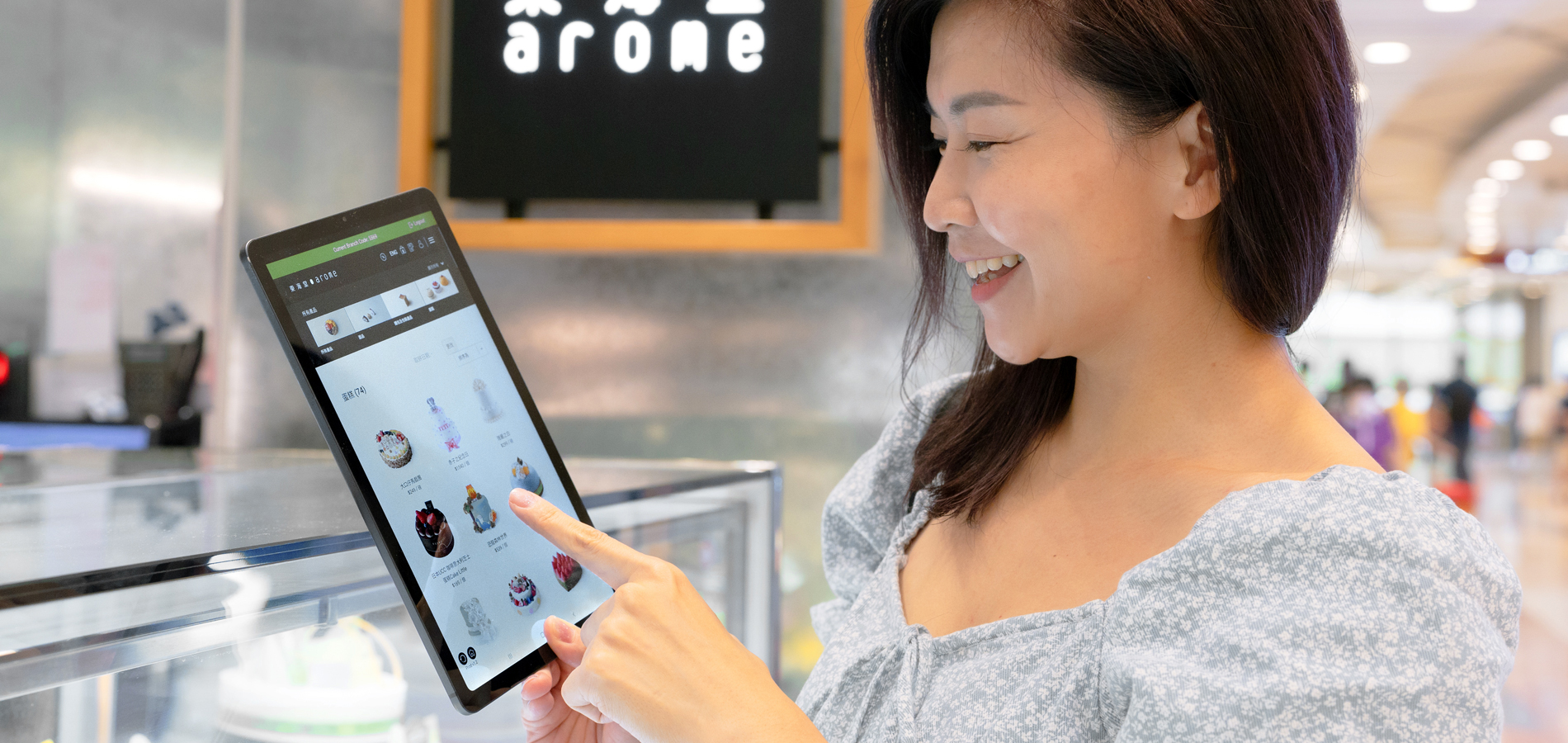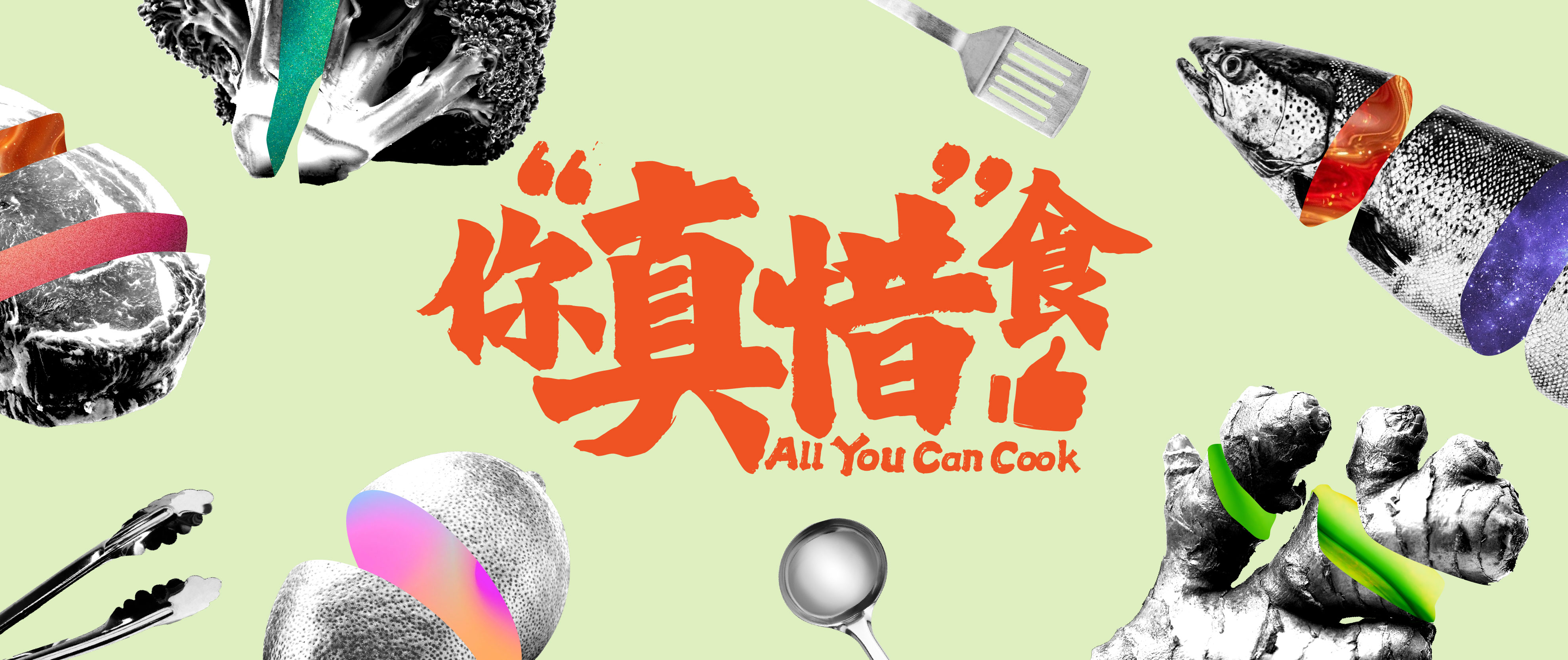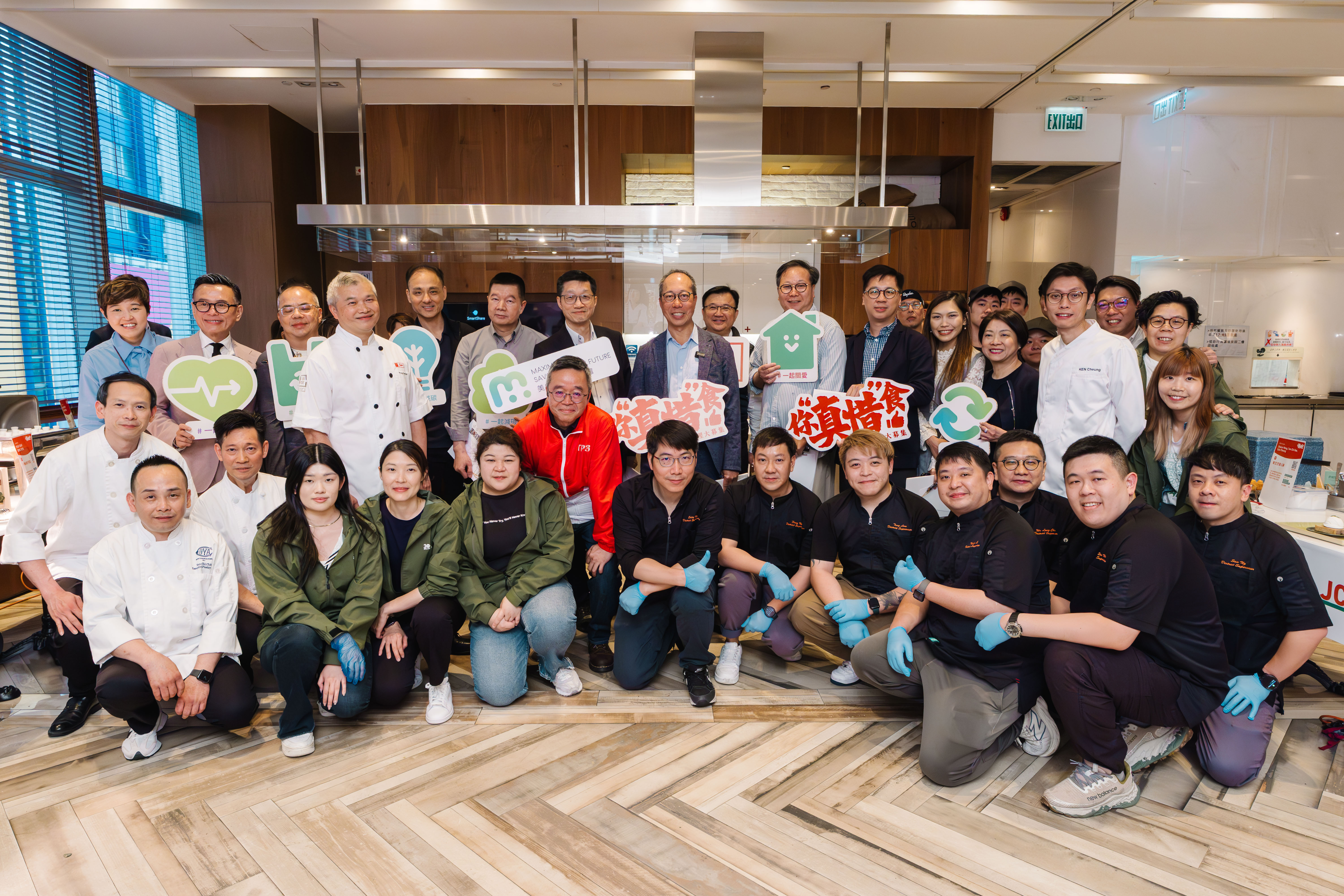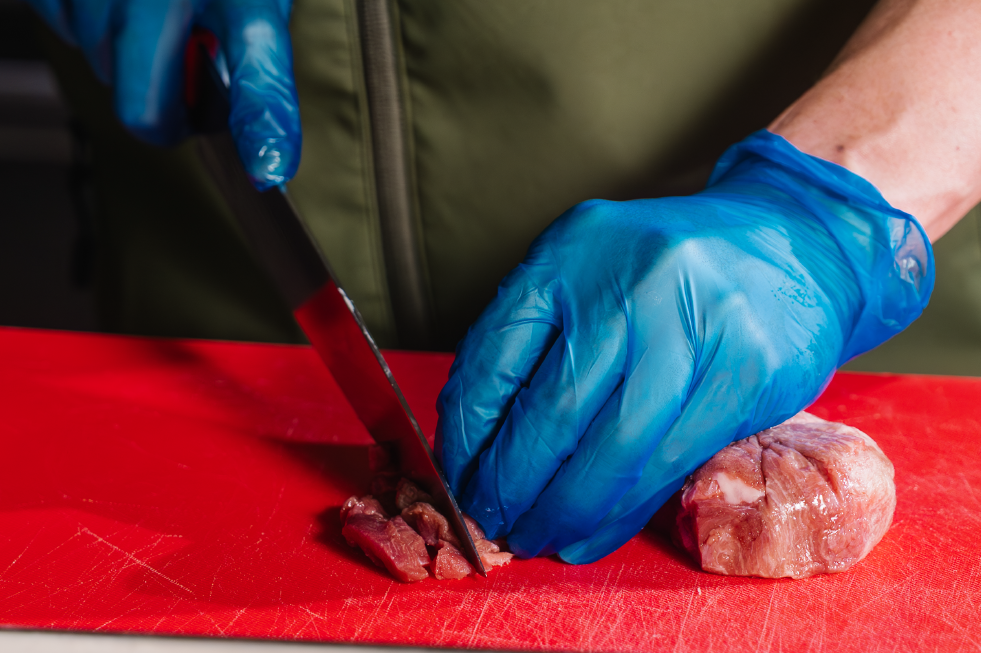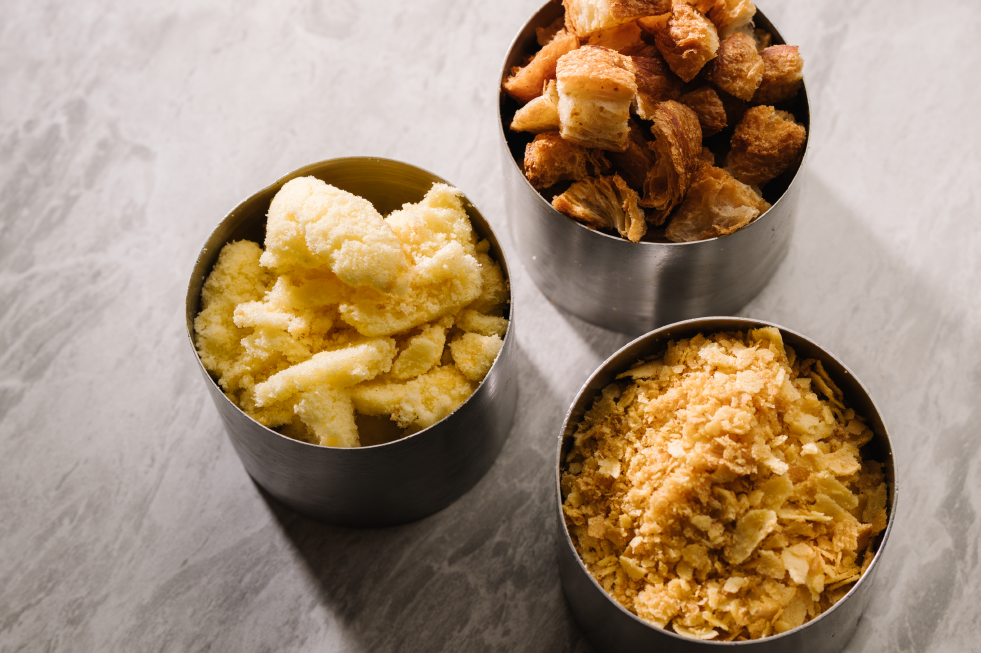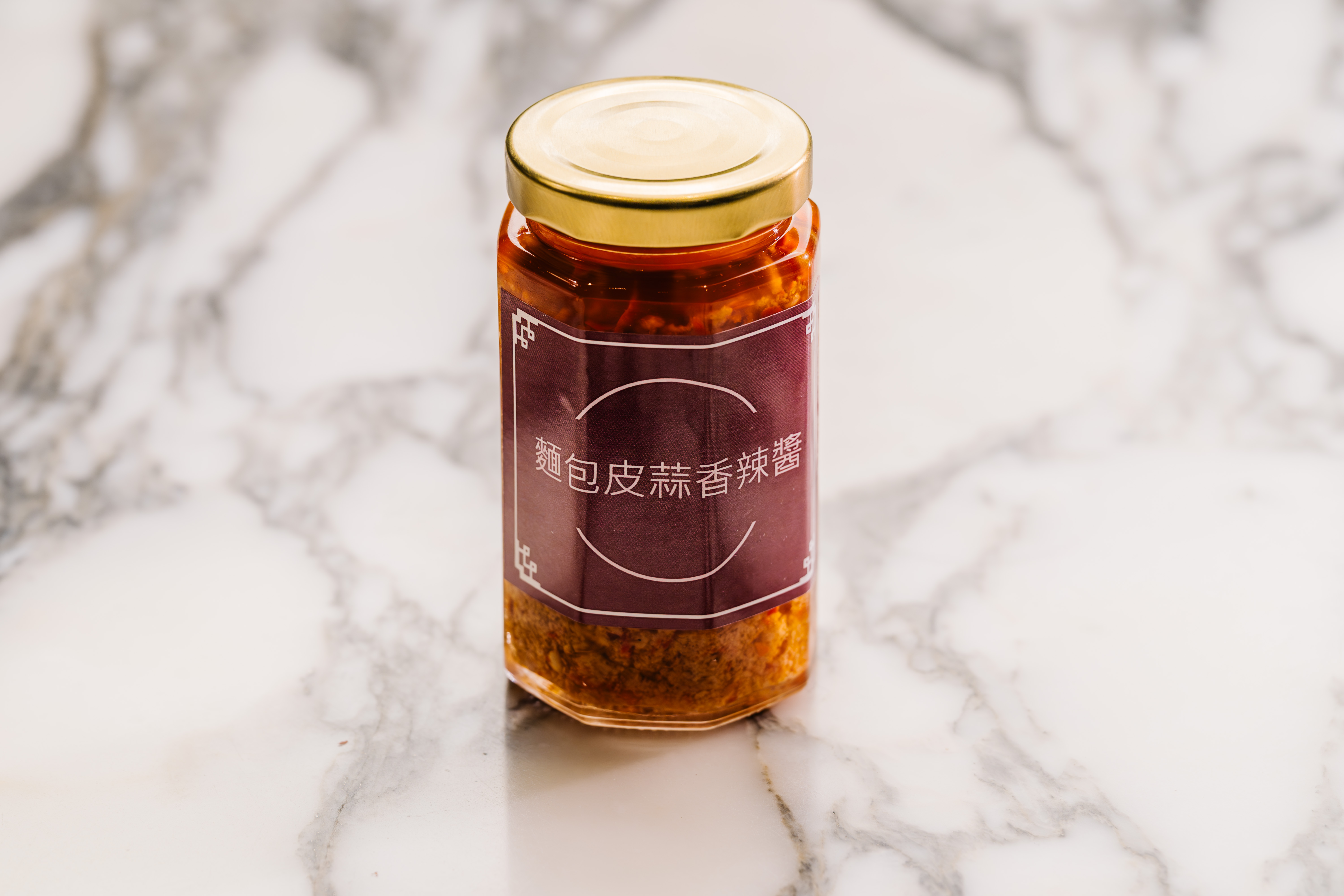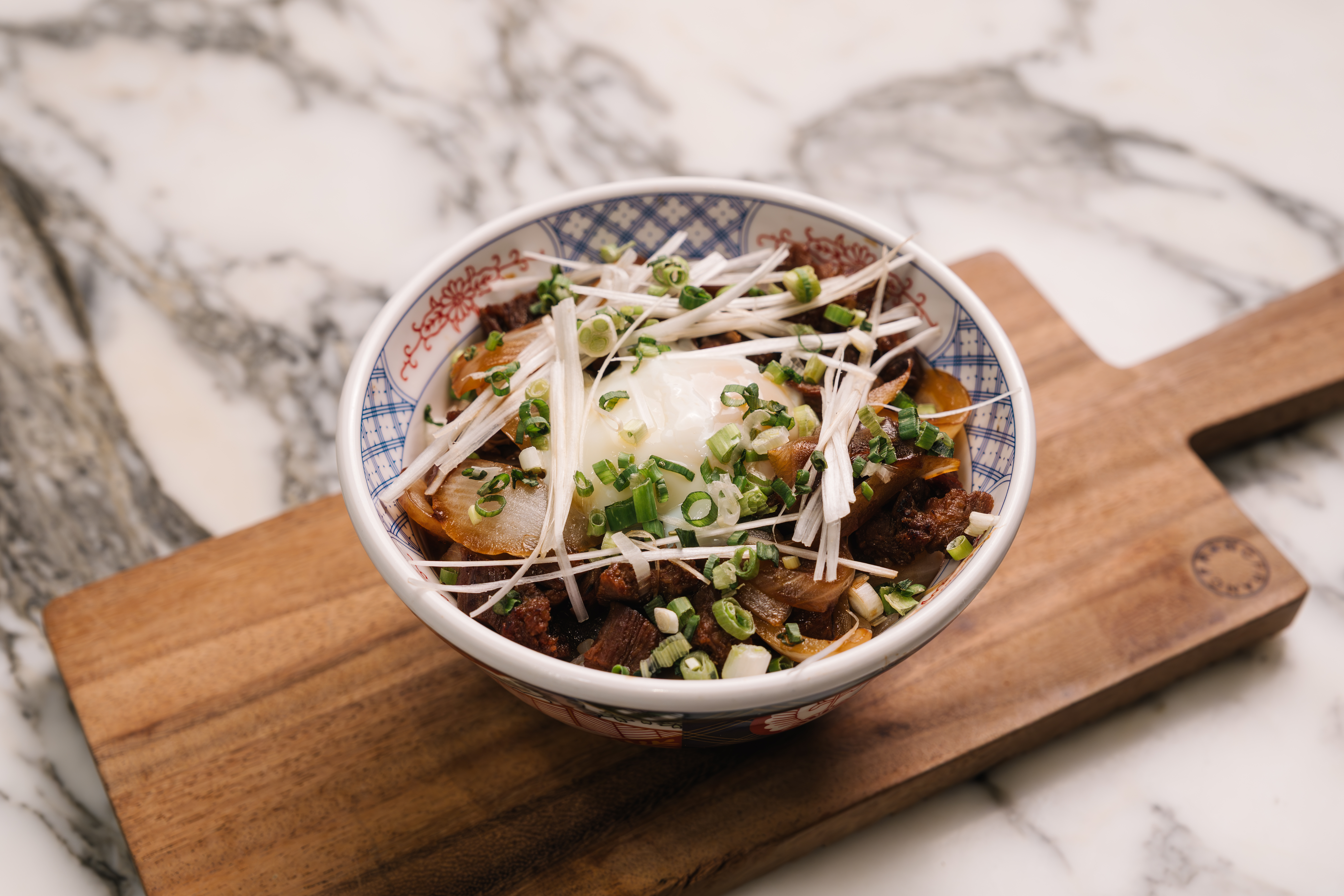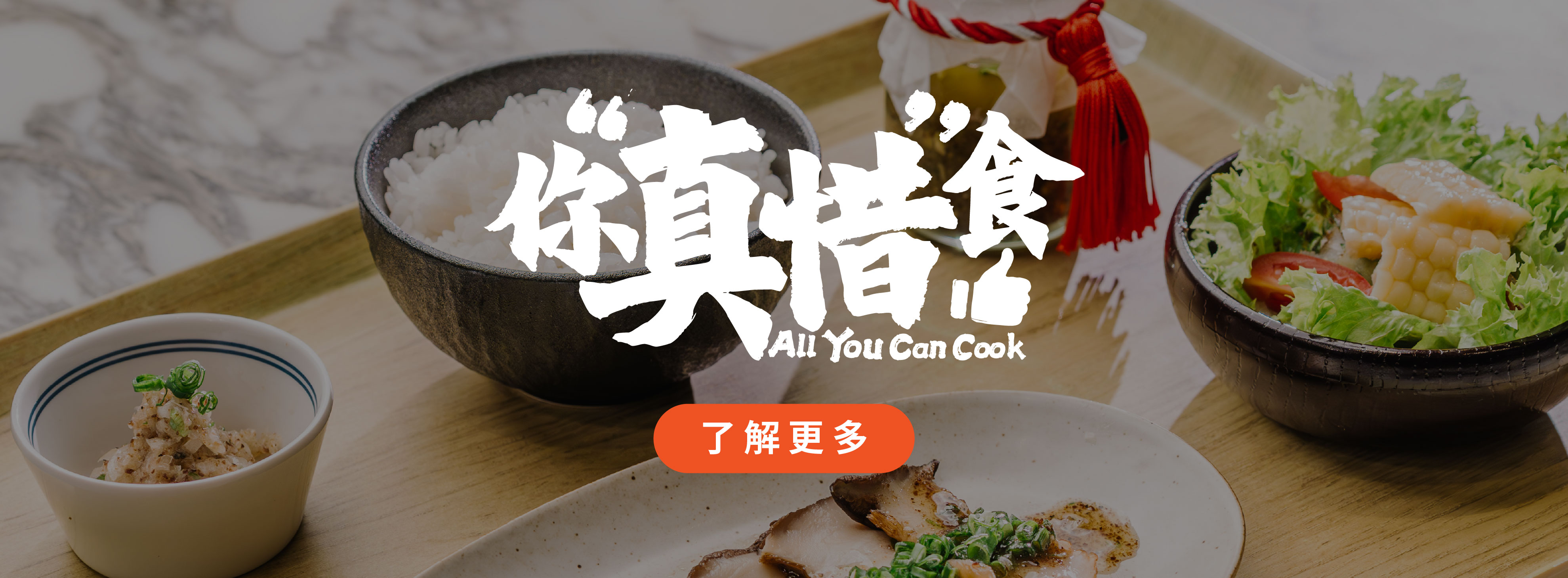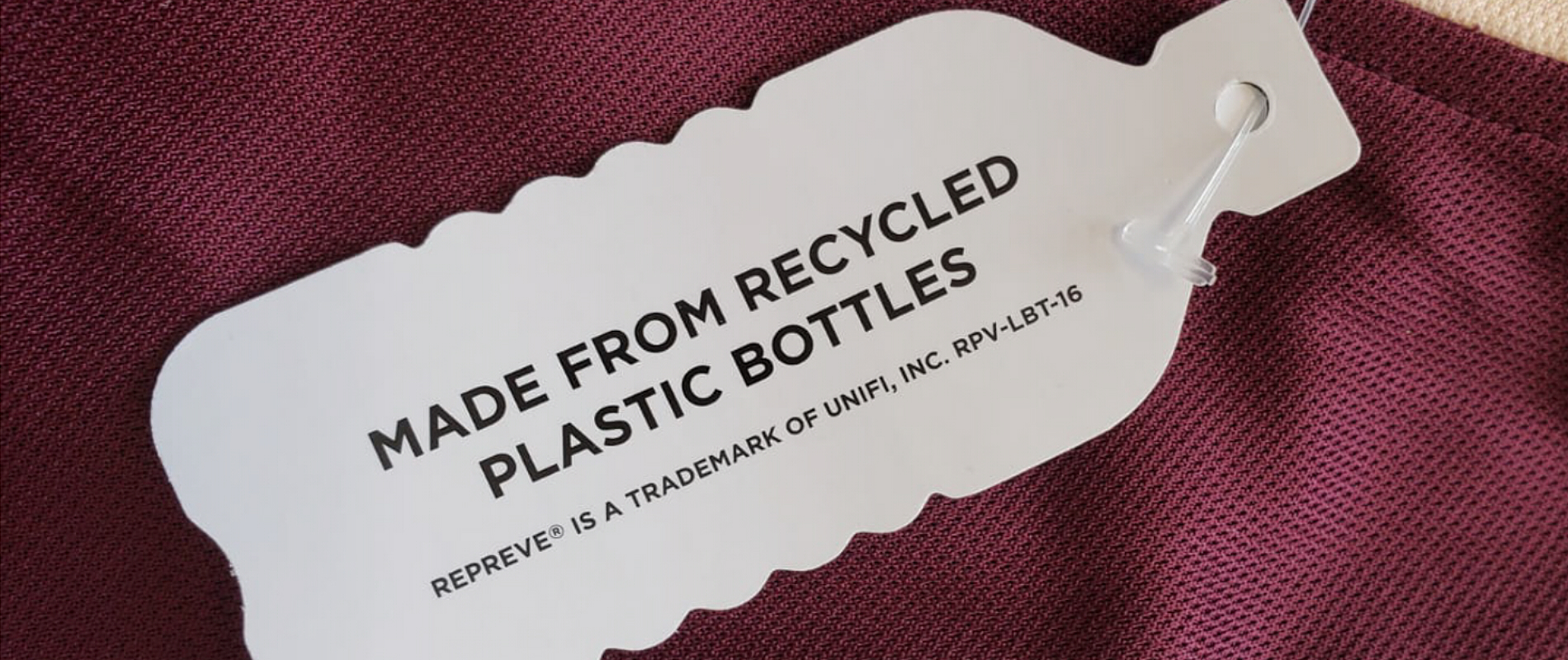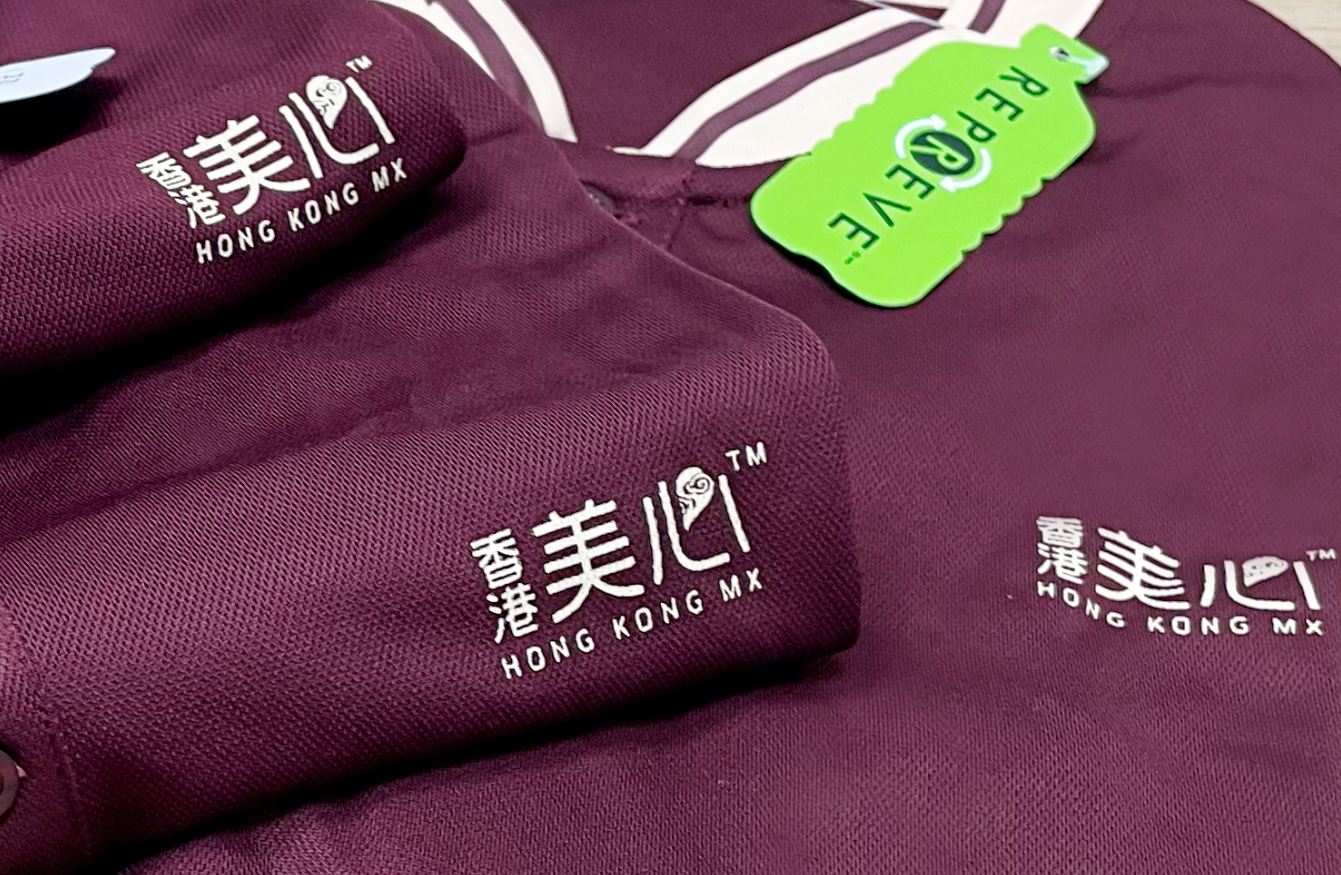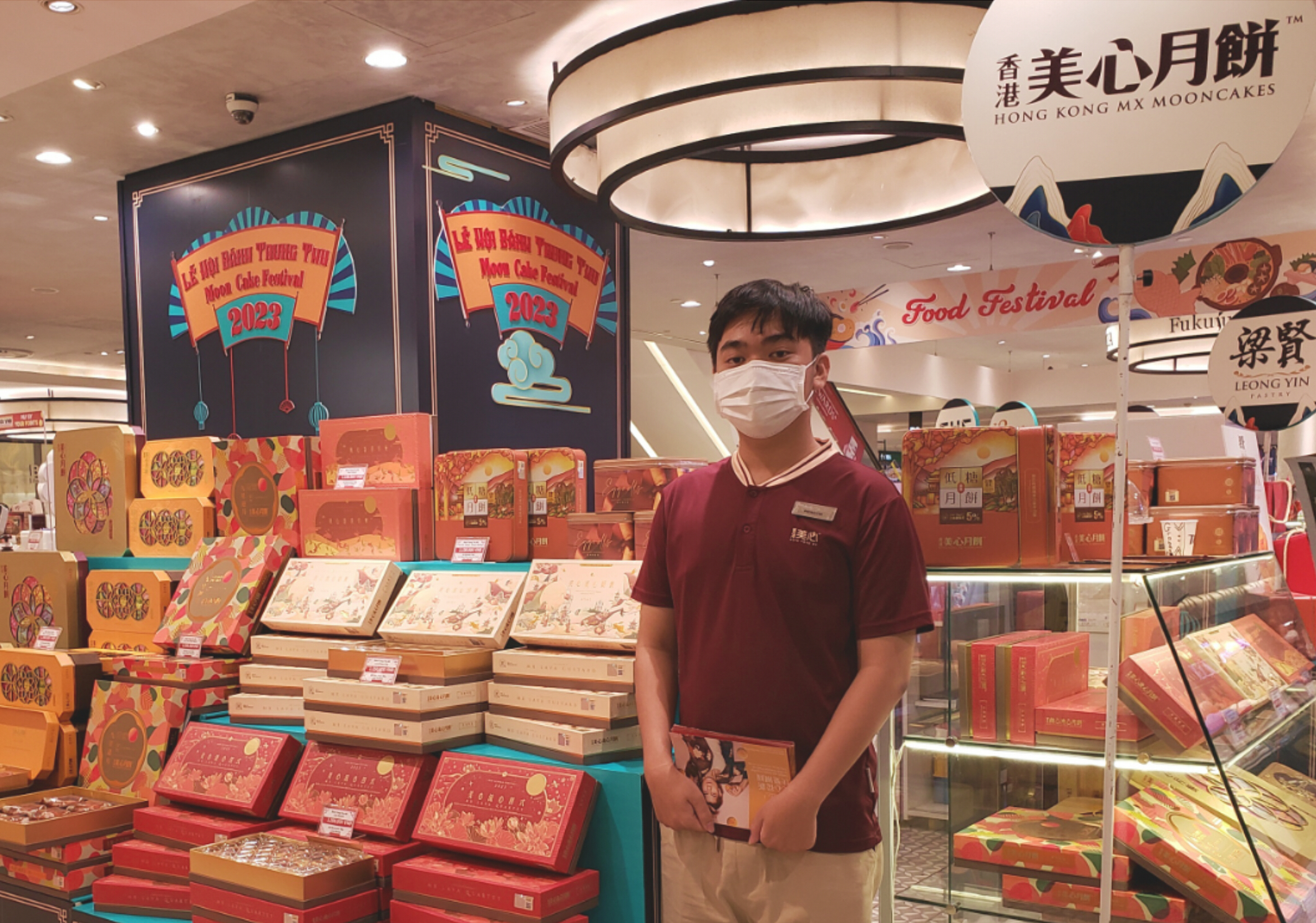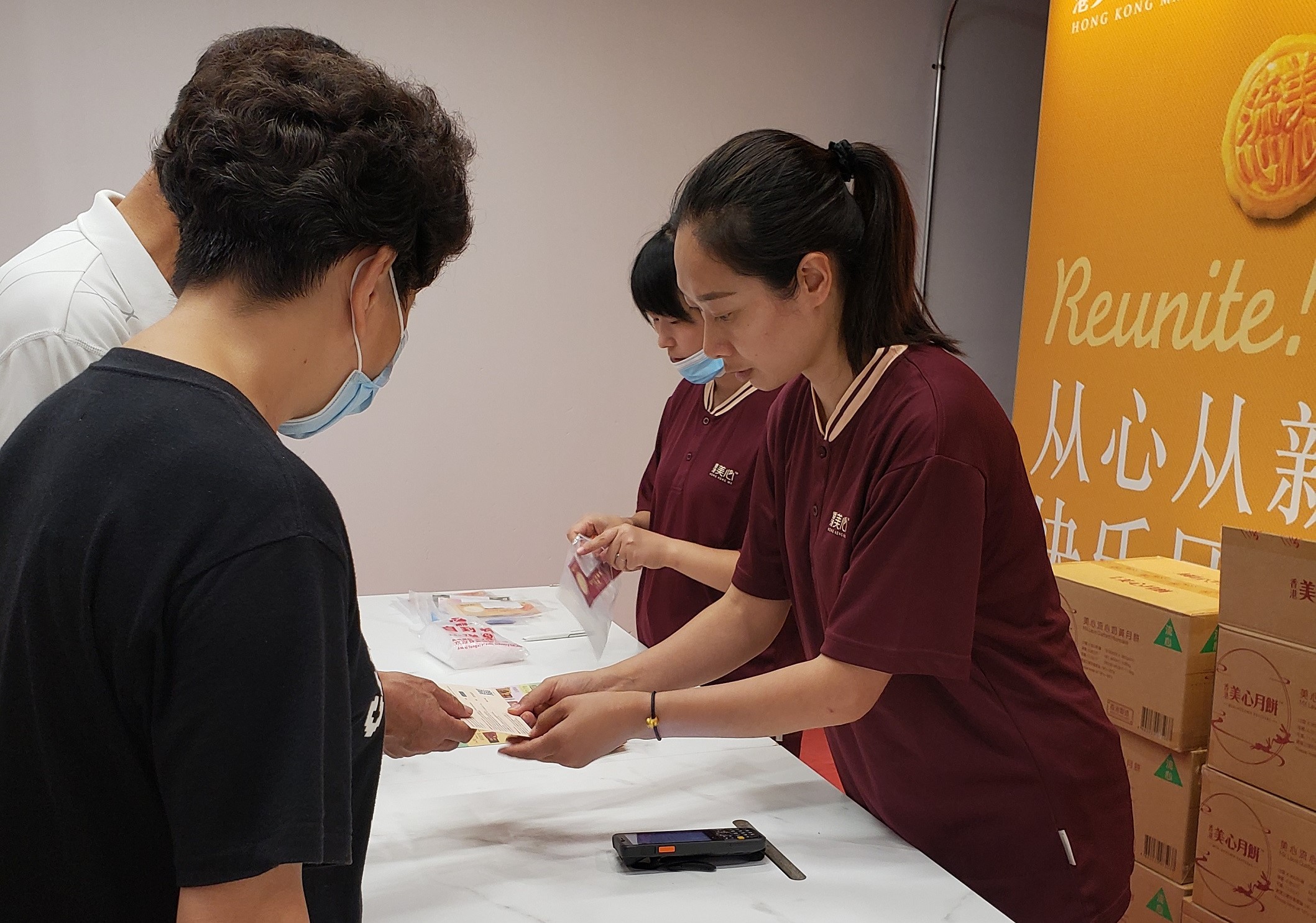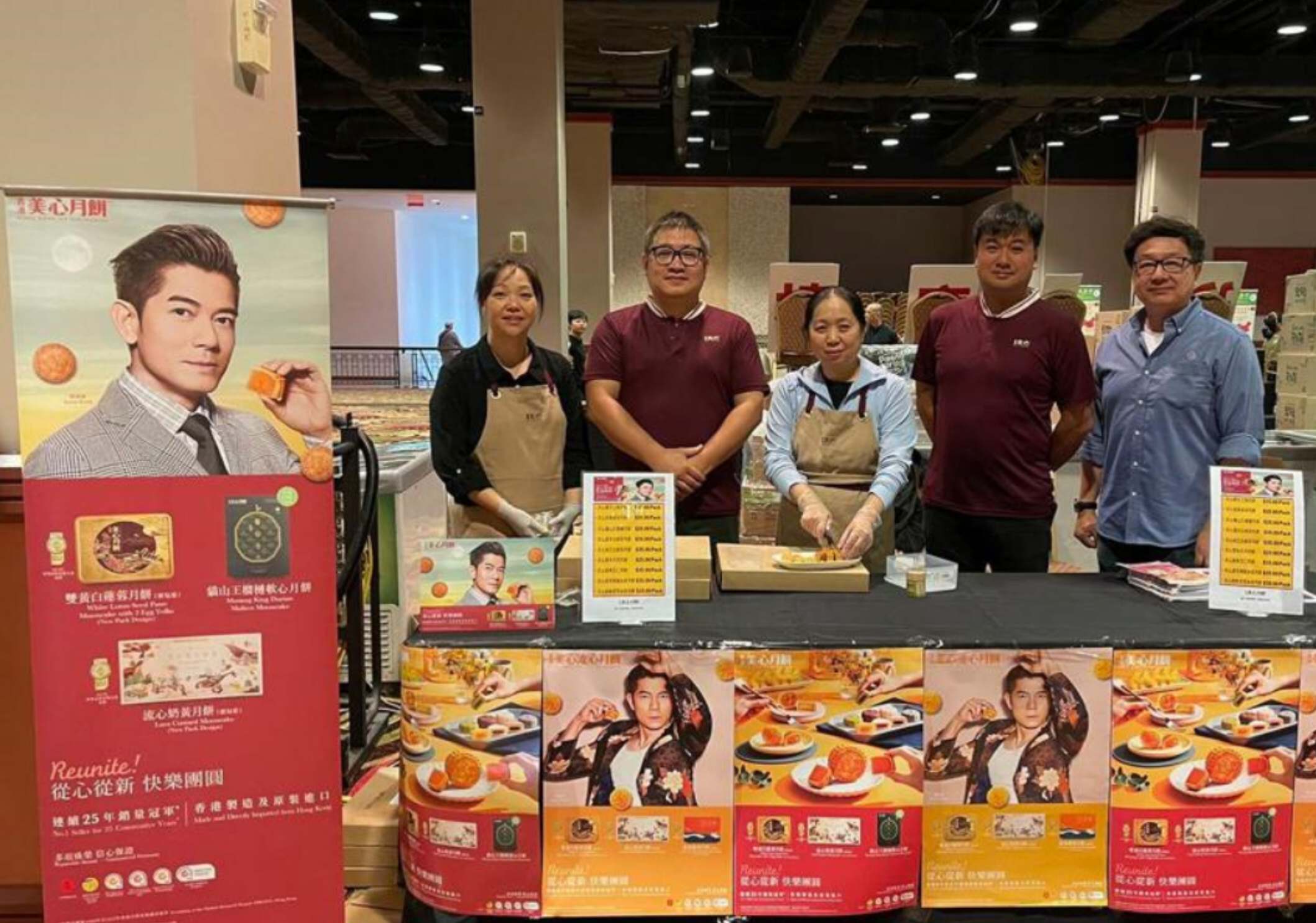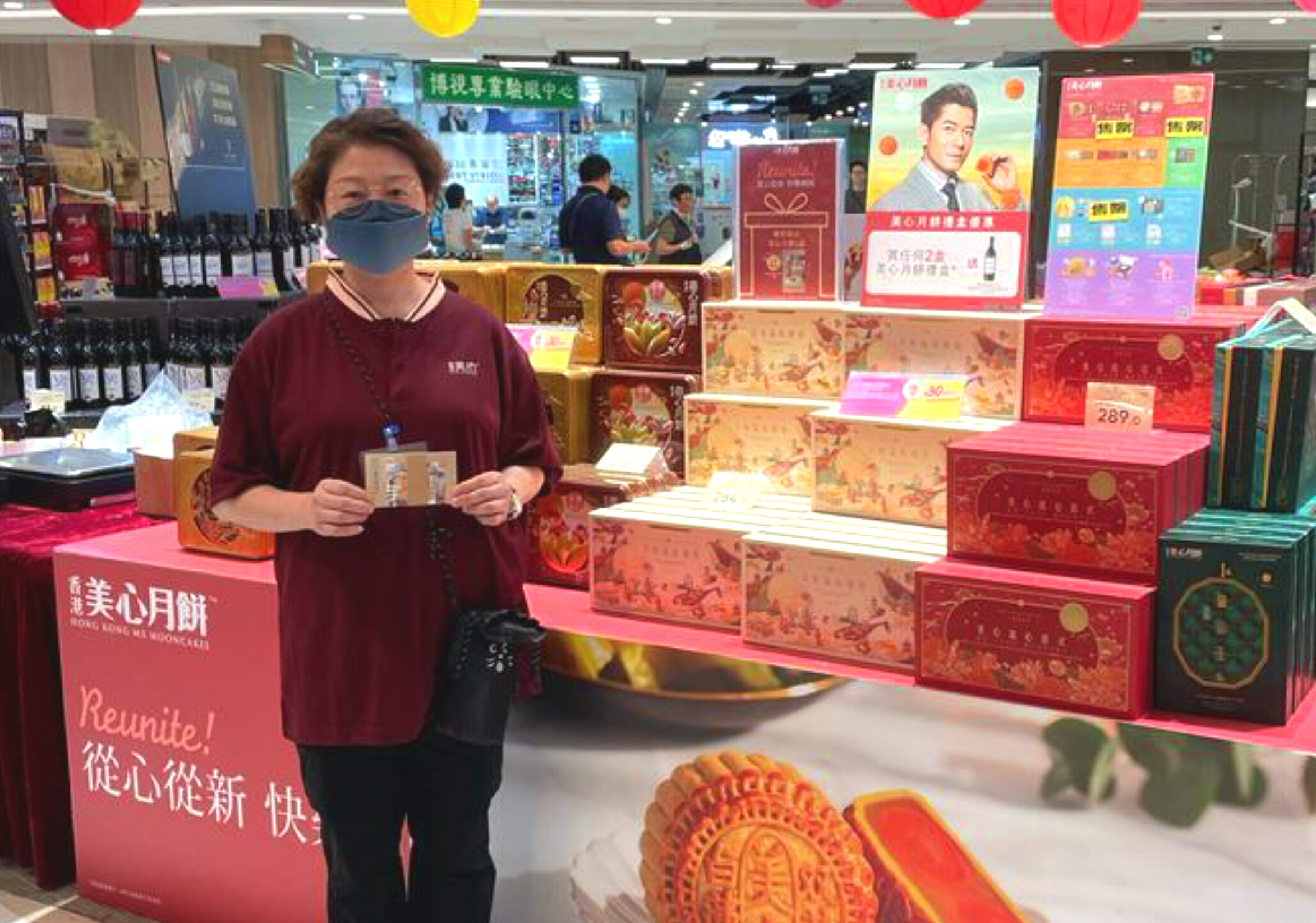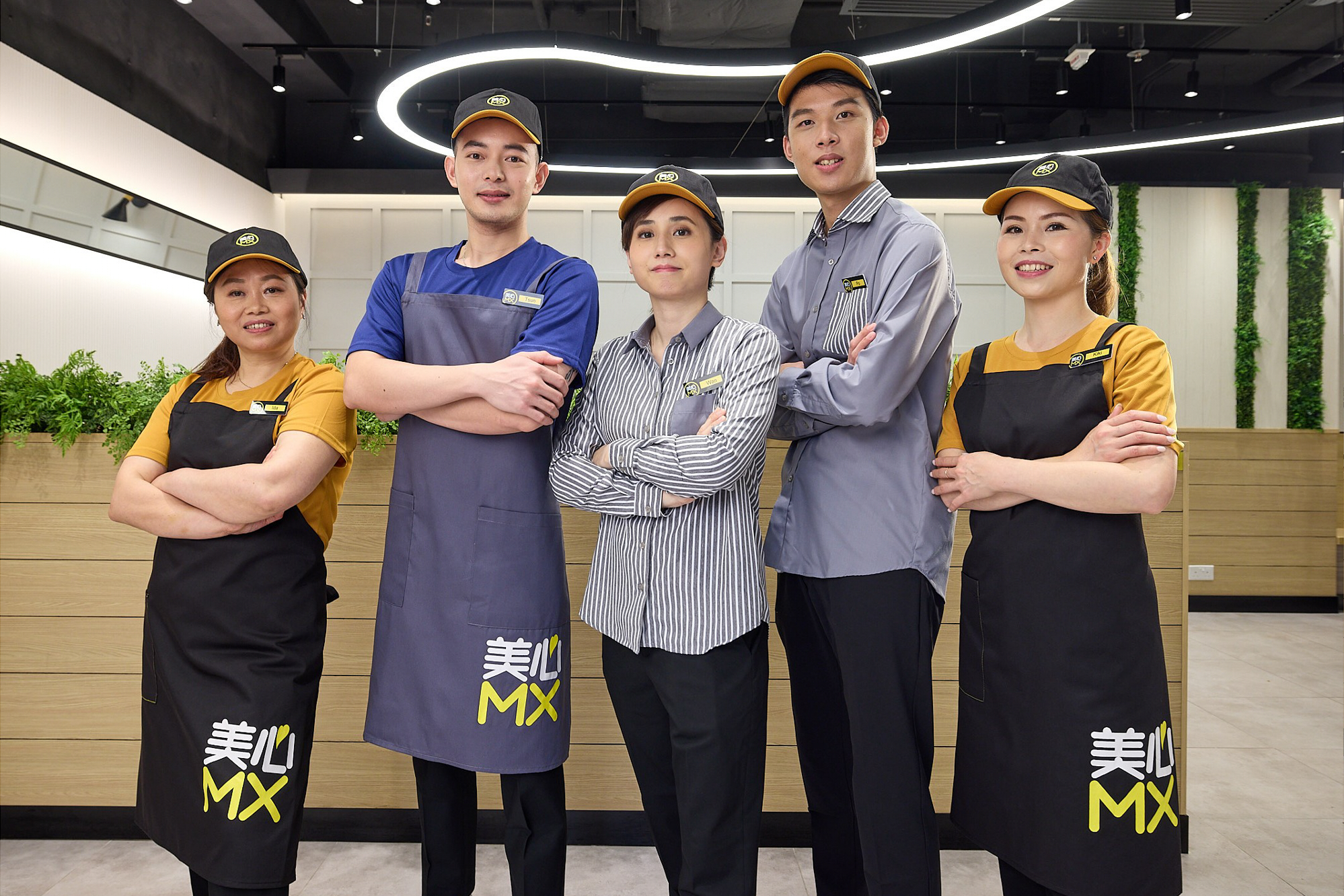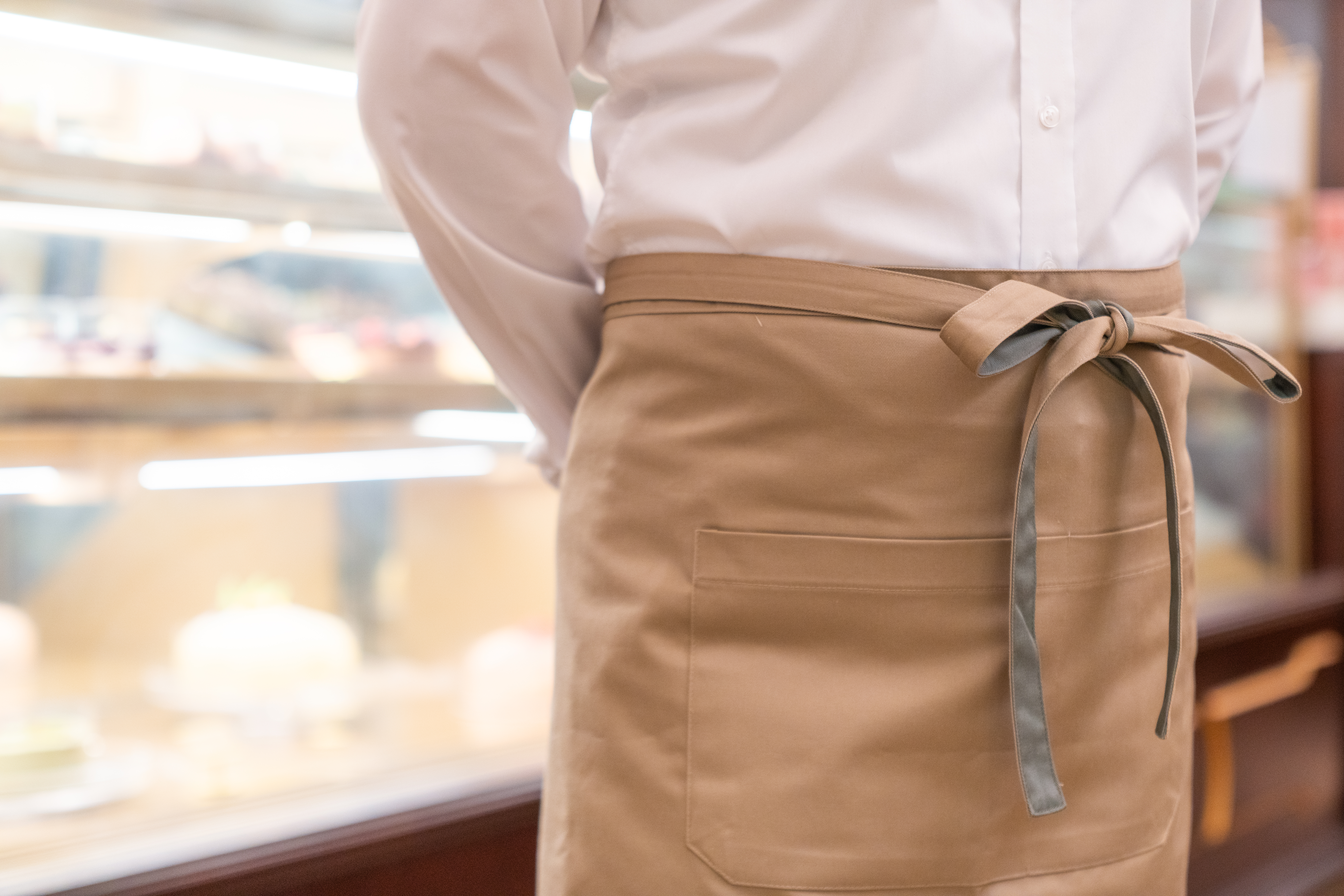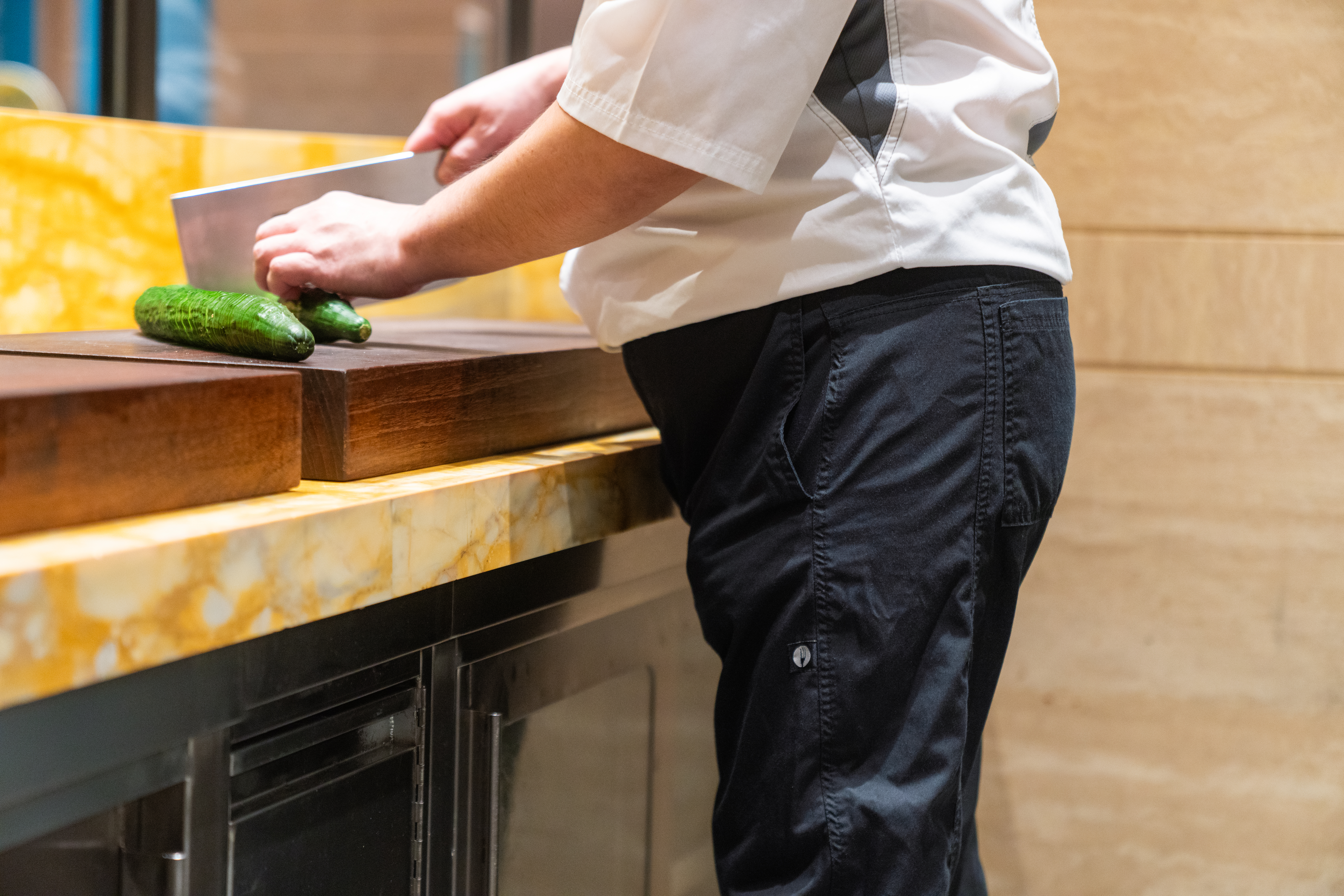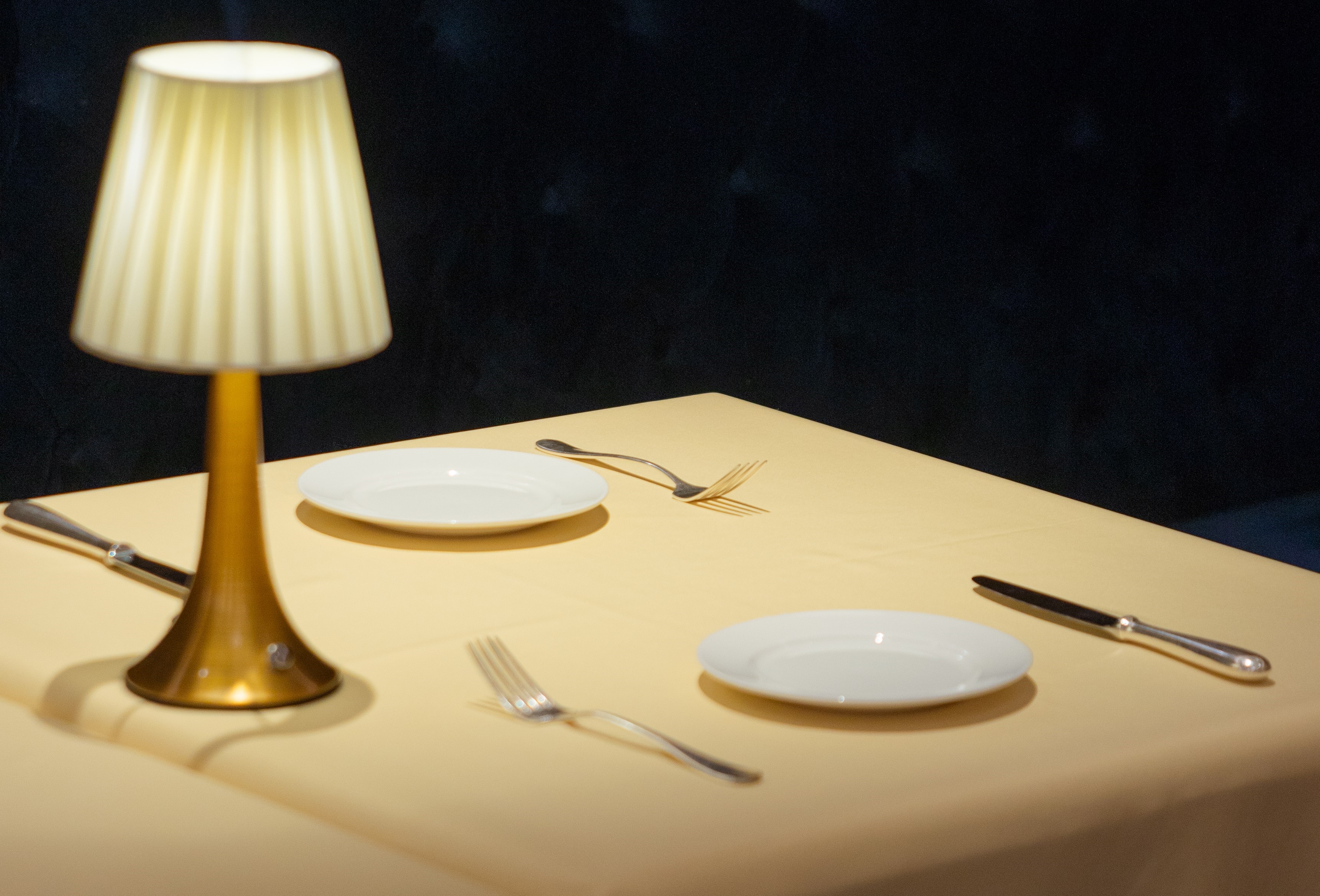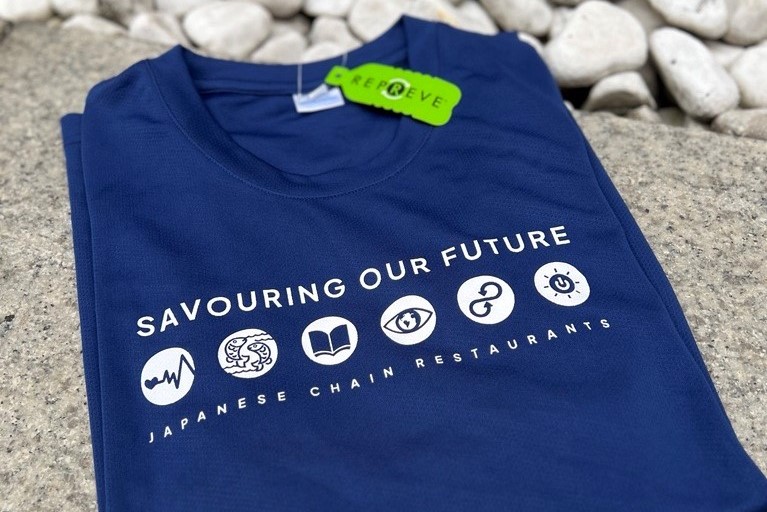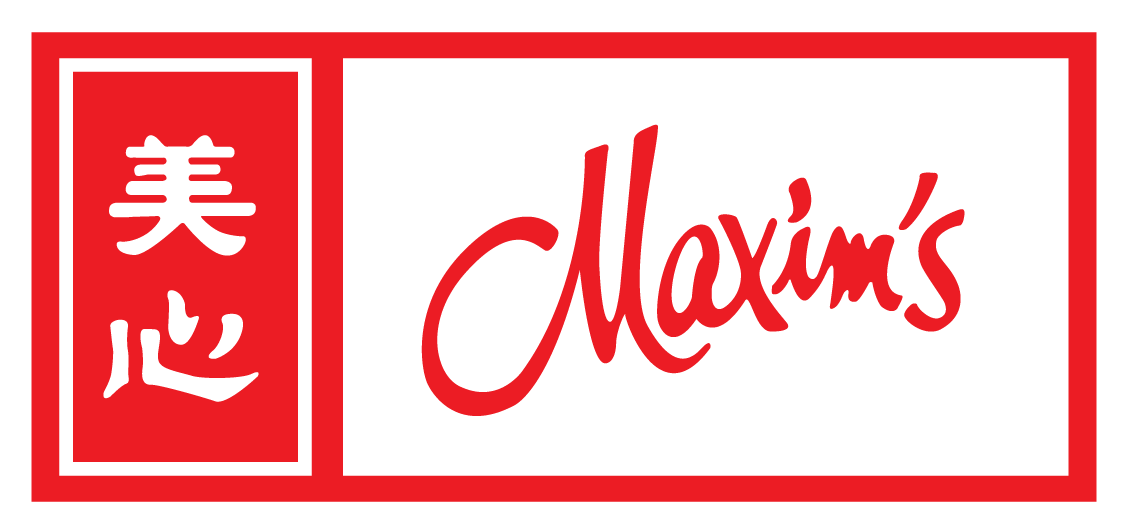Digitalization in cake retailing is obviously not limited to electronic gift certificates, electronic leaflets, online stores, or replacing papers with digital screens in stores, as well as placing orders with tablet computers.
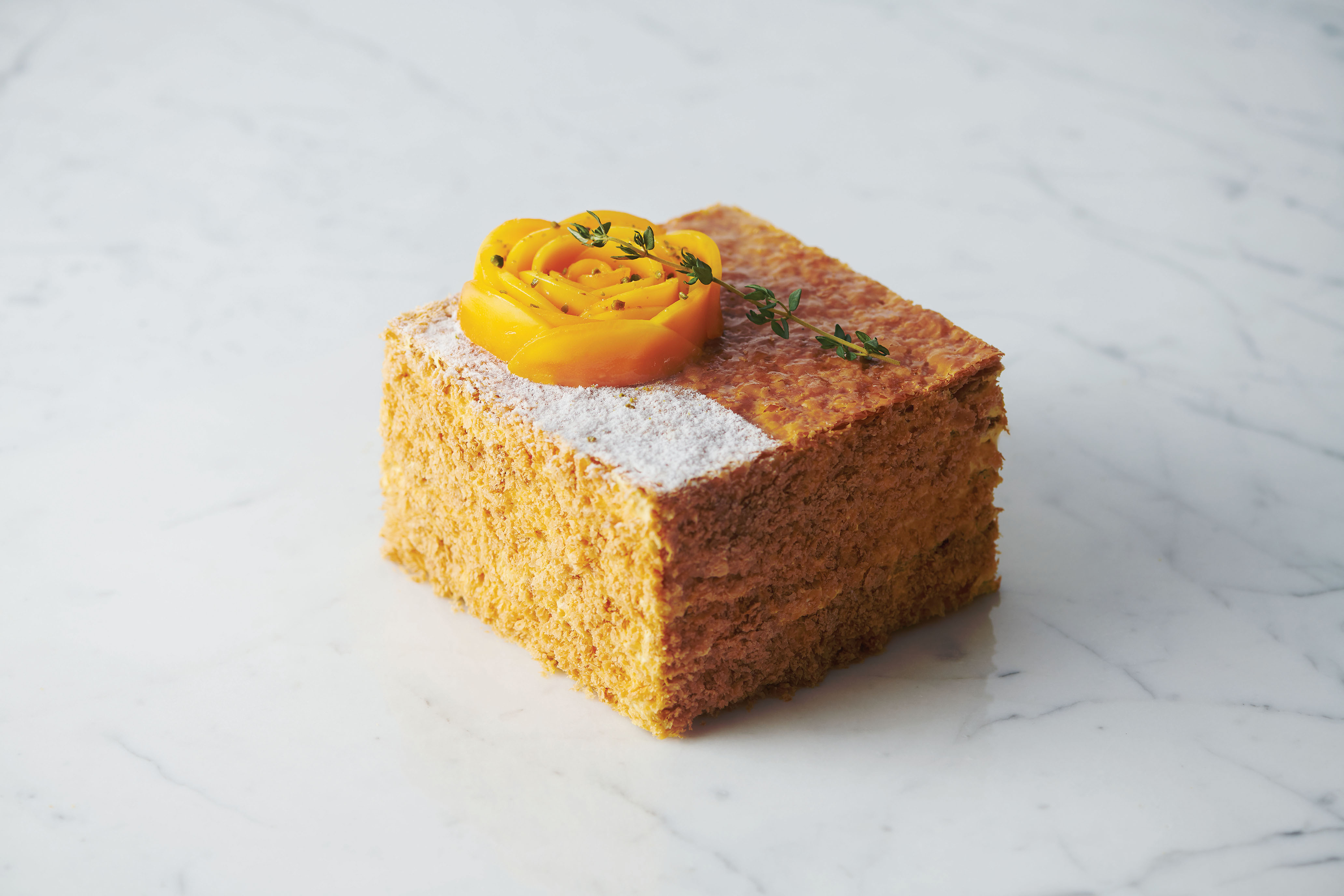
"In addition to reducing paper waste and promoting source reduction, digitalization also introduces a more convenient and fast customer experience, which is a win-win result. Taking pre-ordering cakes as an example, A4 paper forms were used to place orders in the past and would still need to be faxed to the factory. Now with digitalization, the order information is immediately sent to the factory to start production after placing the order. Efficiency is greatly improved. If a customer places an order at ten in the morning, the cake can be picked up at two in the afternoon. This is no way possible in the past with papers.”
Louis Mah, Information Technology Director of Maxim's Group, is excited about the company's progress in digitalization. "We have formulated processes and plans for digitalization in the future, but we can't take it for granted. We have to take into account the habits and preferences of our customers. Some of our frontline staff prefer the old ways at first, and it takes some time to educate and grow with them.”
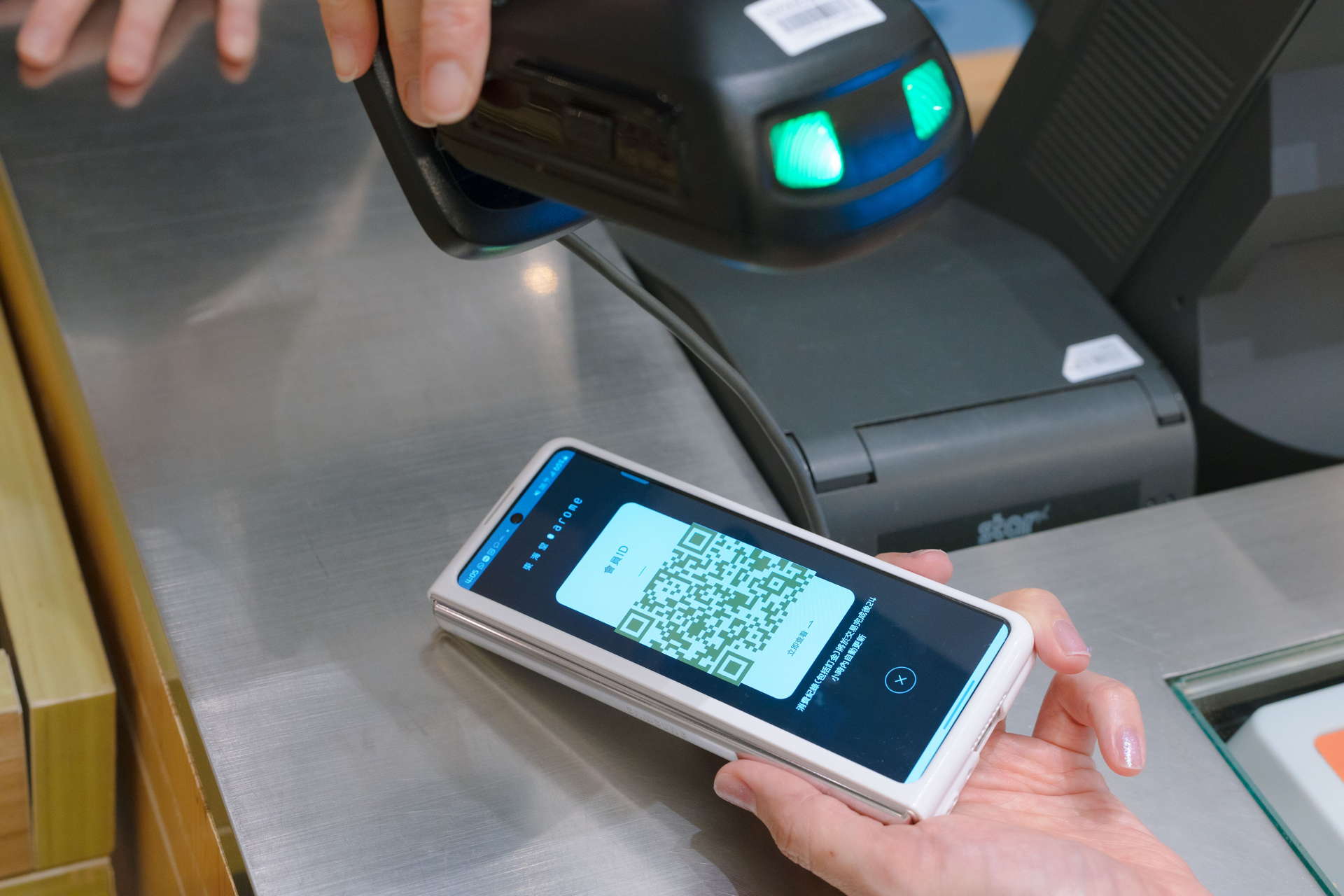
Anita, a customer who loves working out but also can't resist food, likes to buy healthy and delicious baked goods at Maxim's Cakes and Arome shops. "Recently when I go to Arome, I'm used to using a tablet to place orders. And it feels more fashionable."
Due to the pandemic, Anita said that she spent more time using mobile apps in the past two years, and shopping is one of them. “For the mobile apps of Maxim’s Cakes and Arome, I use their membership functions the most, and sometimes I would use their discounts too. It is more convenient to use electronic coupons than physical ones. In addition, cake gift vouchers can also be electronic.”
Replacing paper with environmentally sustainable electronic mediums, are you willing to make a change together?


